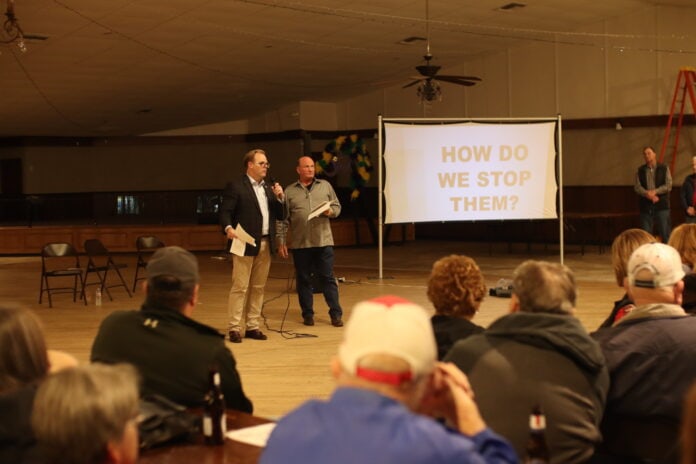
Ellis County, TX – On February 27th, Ellis County Judge Todd Little sent a letter asking the Texas Senate Committee on Water, Agriculture, and Rural Affairs to restrict the expansion of Municipal Utilities Districts (MUD’s) in Ellis County. These districts impose water & wastewater assessments against local properties to provide utilities coverage for new housing developments, but they are not governed by elected officials. Instead, each MUD is governed by unelected administrators appointed by the Texas Commission on Environmental Quality (TCEQ) in Austin, leaving the district unaccountable to local constituents for the impact of high-density housing on infrastructure, water drainage, and public safety.
“I am for quality development,” said Little, “but this density is not sustainable. How can it be that we place such a high level of trust with these government administrators, who make decisions in Austin, to guard against negative local impacts? Our citizens, through their locally-elected representatives, should be able to guide the development of housing and business in their own community.”
Currently, at least 23 utilities districts – including MUD’s – exist or have been proposed within Ellis County without local input, leaving the Commissioners’ Court to sort out the impact of high-density housing on county roads & bridges, flood control, public safety, and the justice system. Historically, TCEQ has approved virtually every MUD applicant, yet it is not required to consult the Development Department of the county or city planning in which any given MUD is being proposed. In essence, these new property owners are forced to pay a utilities assessment in perpetuity for housing developments that strain local resources.
“These districts create a permanent property assessment, which burdens our future citizens without bestowing the necessary tools for them to govern the districts locally,” wrote Little in the letter. “A clear conflict of interest exists when TCEQ appoints the same MUD applicants as board members, who remain unaccountable to these future citizens.”
On February 27th, the day Little sent the letter, the Texas Senate Committee on Water, Agriculture, and Rural Affairs met to receive updates from various state-level departments that administer and regulate water & wastewater, flood control, and flooding impacts. The letter asks committee members to consider changing the process in which MUD’s are approved by TCEQ to provide for more local input, whether those changes be administrative or legislative.
“The rallying cry of the American Revolution was ‘no taxation without representation,’” said Little, “and it is ironic how relevant that remains today, even in the State of Texas. However water resources are provided in Ellis County, the interests of our local citizens must be represented.”













